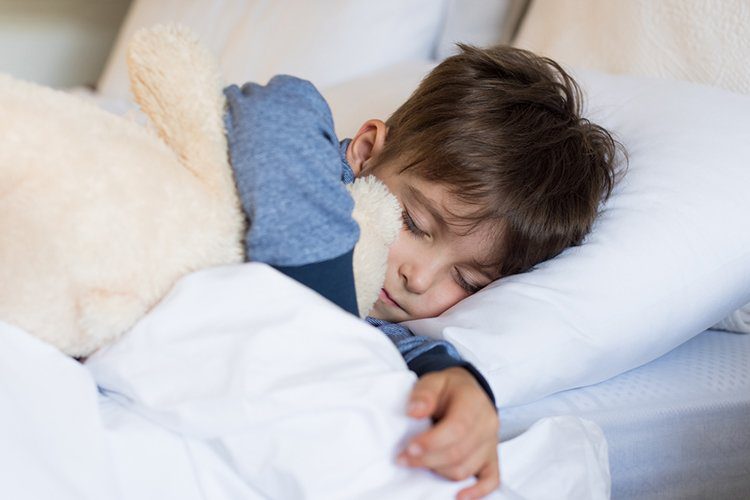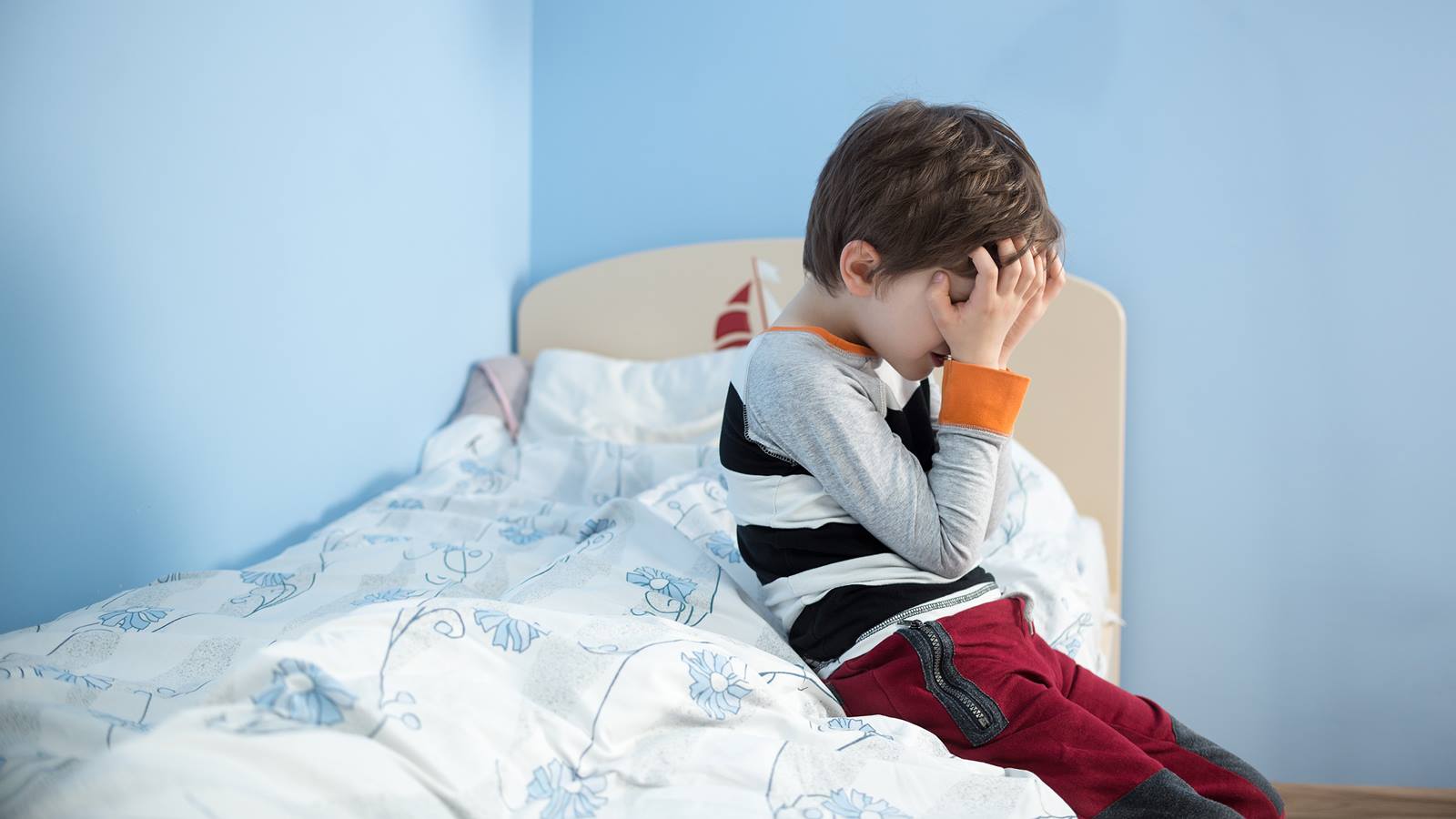Nocturnal Enuresis – What is it?
Enuresis is the medical term for bedwetting. Up to five years old, this can be a normal occurrence as children do not yet have full bladder control and may wet themselves during nighttime. Enuresis is a serious problem that often grows worse over time. A doctor may recommend investigating the cause if you have persistent bedwetting past childhood or into adulthood.
Bedwetting can often be a difficult issue for children and their parents, but most cases don’t have any medical causes. However, 90% of cases are mainly due to psychological or unknown reasons. Even though enuresis may seem like a minor issue, it can have an enormous impact on the mental well-being of those who suffer from this condition. It often leads to feelings of embarrassment and stress in adults as well older children. Generally, bedwetting is known to affect children but it can also occur to all ages and gender.
Nocturnal Enuresis in Children
It is no surprise that bedwetting can be an issue for children. Most of them outgrow their bed-wetting by the time they’re 10 years old. It is not unusual to find children who have accidents on occasion. Enuresis, however, is considered regular if it occurs at least two times each week.
There is no known health risk associated with wetting the bed, although it can have an impact on a child’s confidence and self-esteem.
Bed wetting can be the result of a number of factors, including incomplete bladder control. Nocturnal enuresis is a very common condition that can persist through the teenage years, which often affects boys. It’s important not to shame or embarrass a child who has bedwetting problems. There is no need for humiliation, as this can make the situation worse. Assure them that most kids experience some form of nighttime leaks and it doesn’t mean they’re unloved in any way.
Research has found that bedwetting often runs in families and it is not unusual for siblings to share the same problem. Secondary nocturnal enuresis is a term used when children who have been dry for several months suddenly start wetting the bed again.
The most common reason for secondary nocturnal enuresis is psychological stress or family problems. If you notice that your child has begun wetting the bed again, it may be a sign of something more. You should ask them questions and look into their concerns to determine what is going on with this sudden change in wetting patterns. Secondary nocturnal enuresis can also be a result of feeling pressured not to wet the bed.
Nocturnal Enuresis in Adults
In around 2% of the population, bed wetting in adults occurs and mostly affects males. Just like in children, stress and anxiety can be vital factors in causing the condition. Additionally, it includes bladder infections, problems with muscle and nerve control, excess intake of coffee or other diuretics late at night, diabetes, prostate problems, sleep apnoea, or medications such as sleeping tablets.
Excess alcohol intake can also cause sleepers not to recognize the need to urinate. Bedwetting as an adult is not necessarily a problem, but if it starts suddenly or occurs regularly, then you should seek medical advice. It could indicate that there’s something wrong with your body that might need treatment.
One of the most common dreams that adults report experiencing is when they are urinating in their sleep and then waking up to find themselves doing it. This type of nocturnal enuresis is not likely associated with any medical condition, so it might be due to a disruption in REM sleep.
Nocturnal Enuresis Treatment
In children, enuresis is a temporary condition that usually goes away on its own. It doesn’t need any treatment other than reassurance to make sure they feel better about themselves and their bed-wetting habits. But by the time it becomes a problem, there are specific options for treating bedwetting. One simple measure is limiting the intake of water before going to bed so that your bladder isn’t stored whole throughout sleep. The moisture-sensitive bedwetting alarm is a great way to keep your bedding dry and clean. It works in up 75% of patients, sounding an alert whenever the user starts urinating.
In severe cases, Darifenacin, a kind of medication, can help. This medication works by decreasing the acetylcholine receptors, which control your urge for urinating. Desmopressin is a drug that can be very helpful for children in reducing the amount of urine they produce. You may feel embarrassed or uncomfortable when you wet yourself at night, but fortunately, there is help. Your doctor will be able to recommend a treatment plan for your specific needs, so don’t hesitate in asking them about it.
If you know someone who might like this, please click “Share”!





